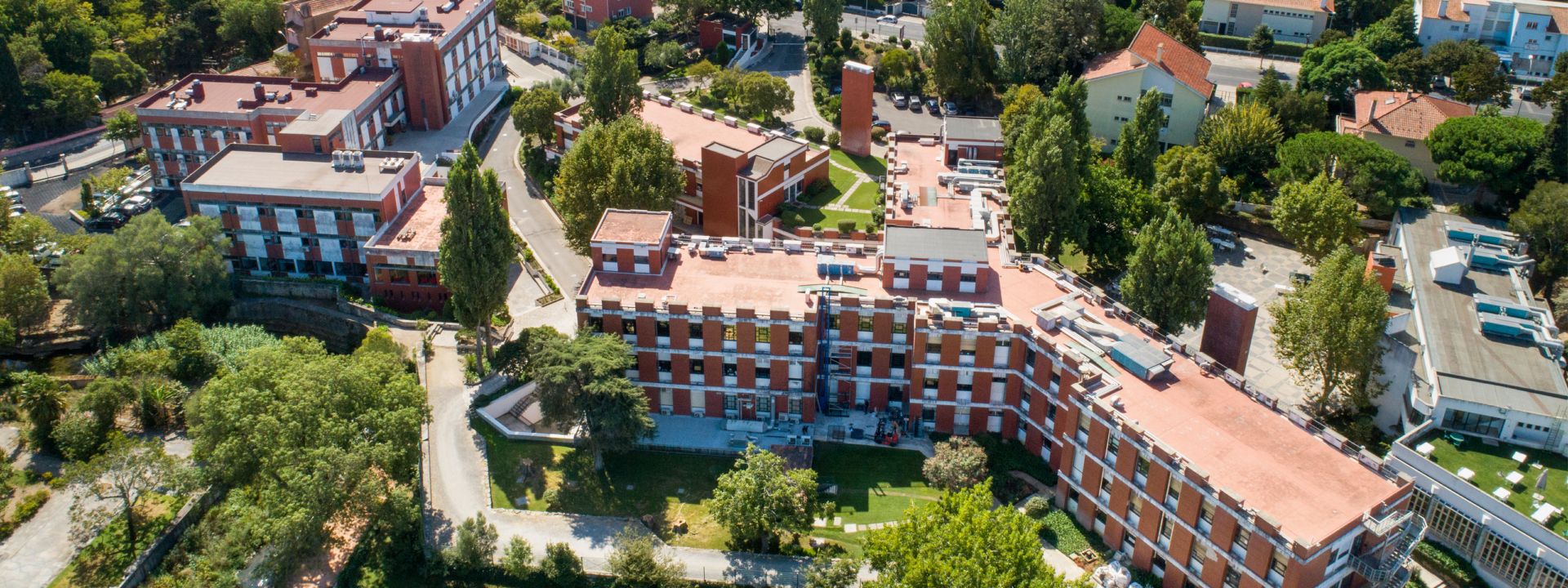
A New Scientific Era
After six decades of invaluable contributions to science and society, the IGC has thus closed a chapter. With a unique historical legacy, the IGC now joins forces with the iMM, resulting in a new center of excellence in the Portuguese scientific landscape, the GIMM. The founding institutions include the Calouste Gulbenkian Foundation, Arica – Investimentos, Participações e Gestão, S.A., the Lisbon North University Hospital Center, E.P.E., the Faculty of Medicine of the University of Lisbon, the Fundación Bancaria Caixa d’Estalvis i Pensions de Barcelona, “la Caixa,” and finally, the University of Lisbon.
GIMM is born with the goal of establishing itself as one of the leading scientific research centers in Europe, combining the tradition of innovation and knowledge from both the IGC and the iMM. The new institute will dedicate its efforts to cutting-edge research in the life and health sciences, with a special focus on human and environmental health, reflecting the interdependence of these two centers.
From now on, follow all scientific news at GIMM.PT.
